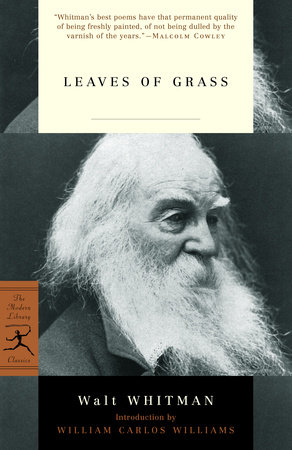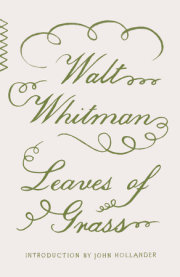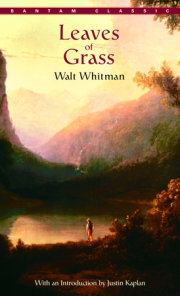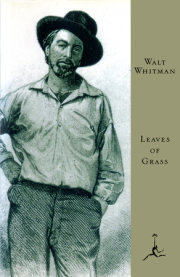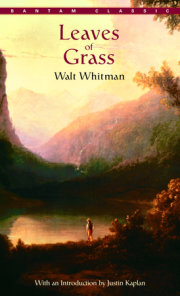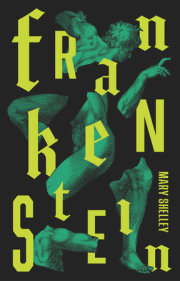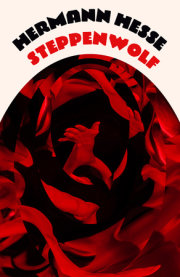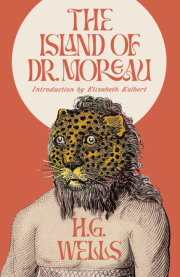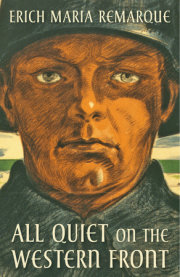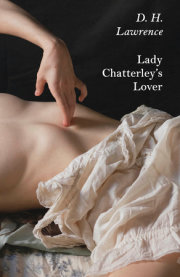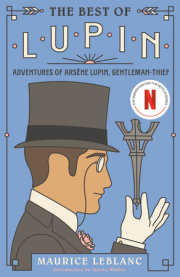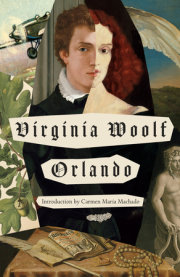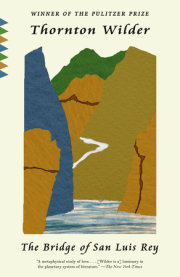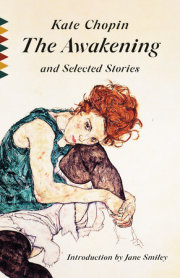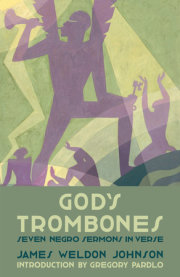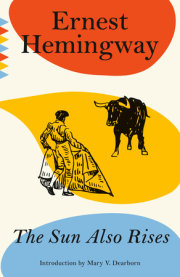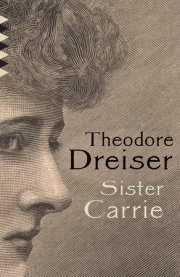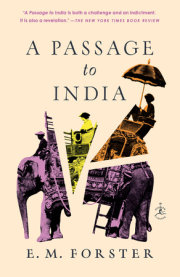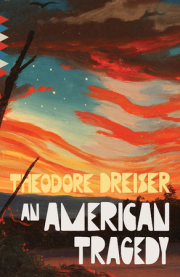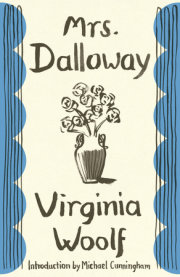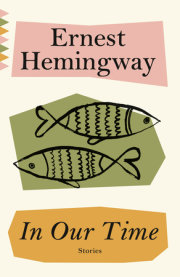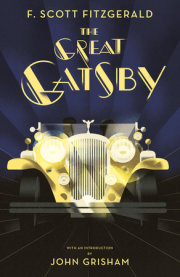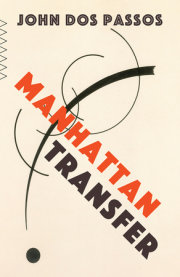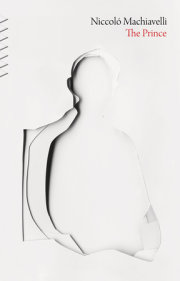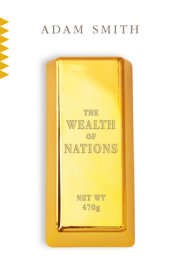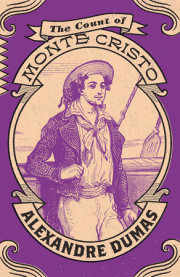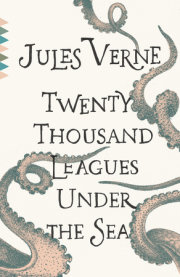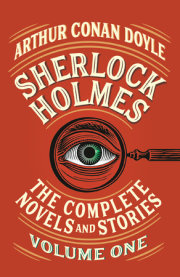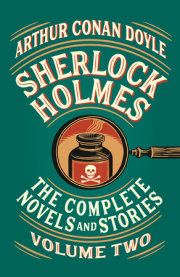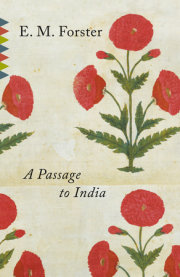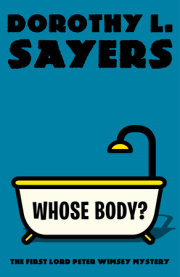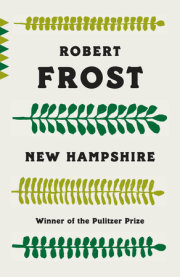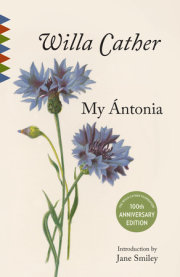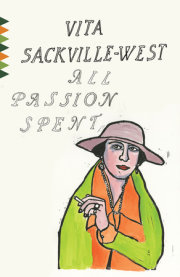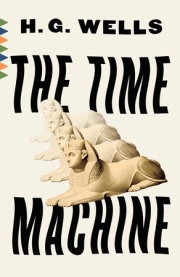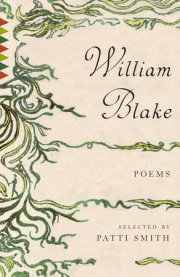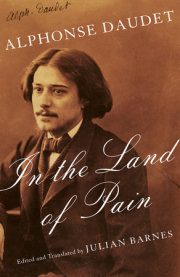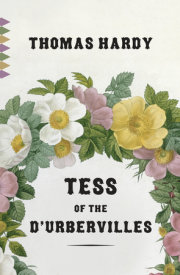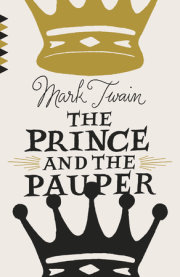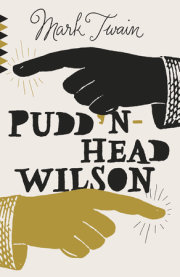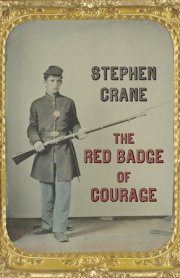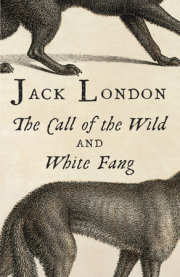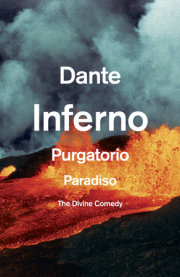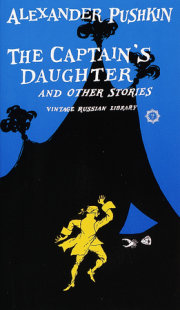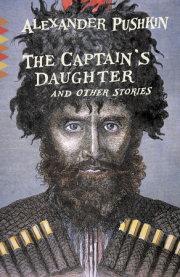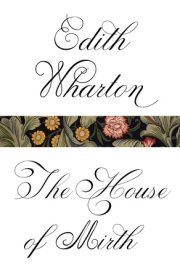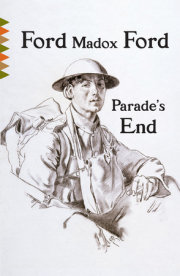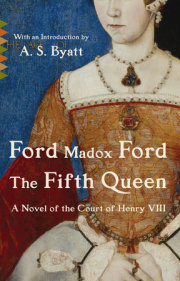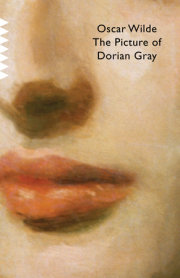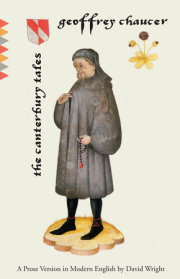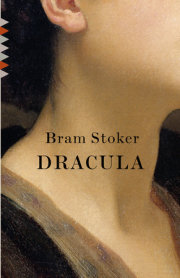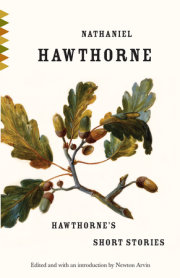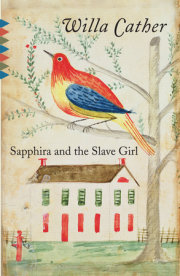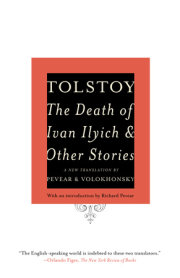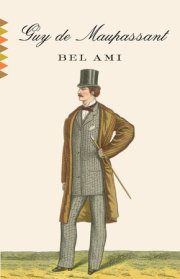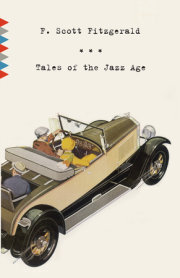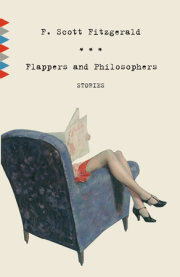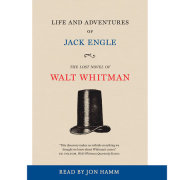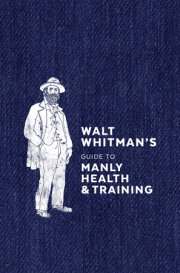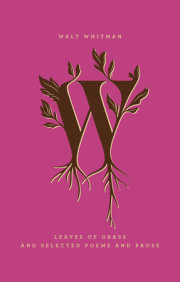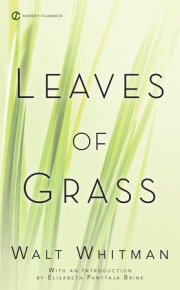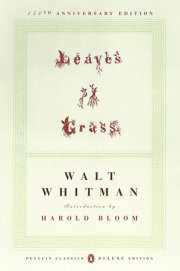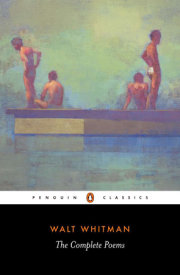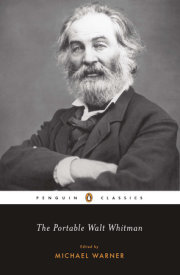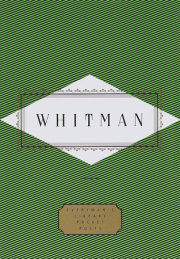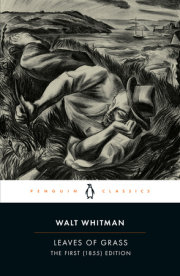ONE'S-SELF I SING.
One's-self I sing, a simple separate person,
Yet utter the word Democratic, the word En-Masse.
Of physiology from top to toe I sing,
Not physiognomy alone nor brain alone is worthy for the Muse, I say the Form complete is worthier far,
The Female equally with the Male I sing.
Of Life immense in passion, pulse, and power,
Cheerful, for freest action form'd under the laws divine,
The Modern Man I sing.
AS I PONDER'D IN SILENCE.
As I ponder' in silence,
Returning upon my poems, considering, lingering long,
A Phantom arose before me with distrustful aspect,
Terrible in beauty, age, and power,
The genius of poets of old lands,
As to me directing like flame its eyes,
With finger pointing to many immortal songs,
And menacing voice,
What singest thou? it said,
Know'st thou not there is but one theme for ever-enduring bards?
And that is the theme of War, the fortune of battles,
The making of perfect soldiers.
Be it so, then I answer'd,
I too haughty Shade also sing war, and a longer and greater one than any,
Waged in my book with varying fortune, with flight, advance and retreat, victory deferr&rsquod and wavering,
(Yet methinks certain, or as good as certain, at the last,) the field the world,
For life and death, for the Body and for the eternal Soul,
Lo, I too am come, chanting the chant of battles,
I above all promote brave soldiers. IN CABIN'D SHIPS AT SEA.
In cabin'd ships at sea,
The boundless blue on every side expanding,
With whistling winds and music of the waves, the large imperious waves,
Or some lone bark buoy'd on the dense marine,
Where joyous full of faith, spreading white sails,
She cleaves the ether mid the sparkle and the foam of day, or under many a star at night,
By sailors young and old haply will I, a reminiscence of the land, be read,
In full rapport at last.
Here are our thoughts, voyagers' thoughts,
Here not the land, firm land, alone appears, may then by them be said,
The sky o'arches here, we feel the undulating deck beneath our feet,
We feel the long pulsation, ebb and flow of endless motion,
The tones of unseen mystery, the vague and vast suggestions of the briny world, the liquid-flowing syllables,
The perfume, the faint creaking of the cordage, the melancholy rhythm,
The boundless vista and the horizon far and dim are all here,
And this is ocean's poem. Then falter not O book, fulfil your destiny,
You not a reminiscence of the land alone,
You too as a lone bark cleaving the ether, purpos'd I know not whither, yet ever full of faith,
Consort to every ship that sails, sail you!
Bear forth to them folded my love, (dear mariners, for you I fold it here in every leaf;)
Speed on my book! spread your white sails my little bark athwart the imperious waves,
Chant on, sail on, bear o'er the boundless blue from me to every sea,
This song for mariners and all their ships.
. All rights reserved. No part of this excerpt may be reproduced or reprinted without permission in writing from the publisher.

